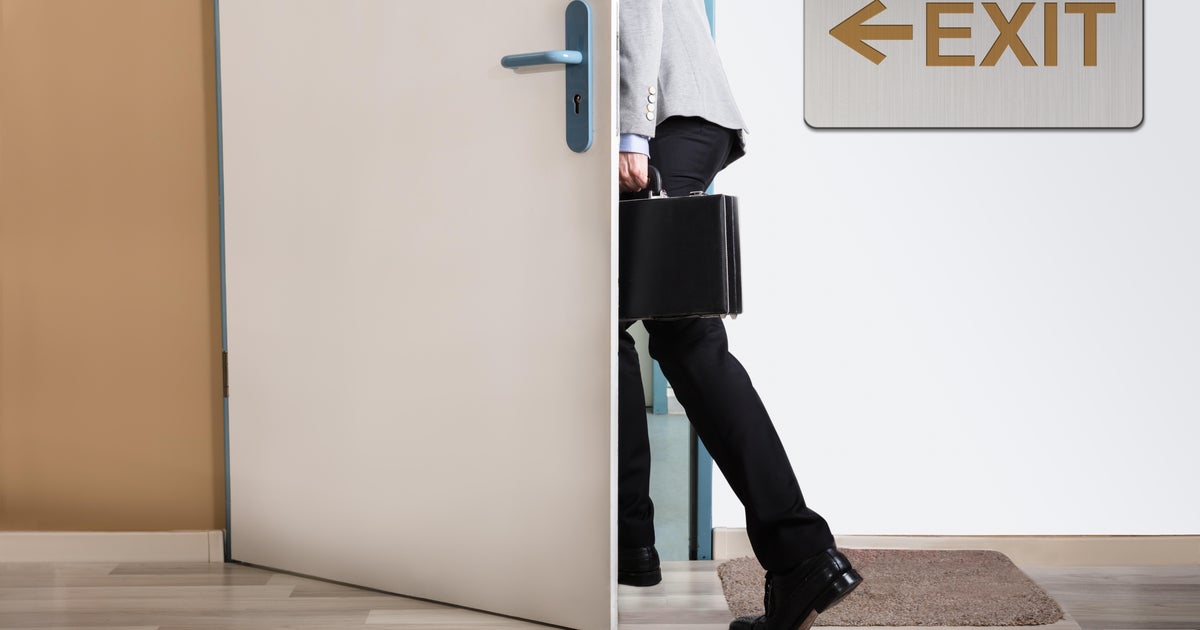The real stars of "Stranger Things"? All those brand names
- "Stranger Things," the acclaimed Netflix series set in the 1980s, has emerged as a powerful platform for promoting a range of corporate brands.
- Netflix doesn't accept paid product placements, but rather seeks to weave brands into storylines in ways that more organically evoke the show's setting in the 1980s.
- That approach has boosted sales for some companies, while more broadly changing how corporate brands are promoted in film and television.
The hit Netflix show "Stranger Things" isn't just taking over Americans' living rooms -- it's also upending the way companies market and advertise their brands to new audiences.
The streaming program's record viewership has boosted the popularity of 1980s-era products tied to the sci-fi series, sending sales soaring by as much as 150% after episodes aired. It has even managed to make fading brands and products, from Eggo frozen waffles to BMX-style Mongoose bicycles, culturally relevant again. An entertainment phenomenon has also become a business phenomenon.
"Truly over the top"
"Stranger Things," set in the fictional town of Hawkins, Indiana, in the mid-1980s, is chock full of homages to the era and is beloved, in part, for the nostalgia it evokes. Episodes are peppered with appearances from brand names like Cadillac, Chevrolet, Casio, 7-Eleven, Nike, Adidas, Schwinn, Burger King and more.
The impact of "Stranger Things" as a marketing vehicle owes largely to its reach. More than 40 million household accounts tuned into the show's third season when it premiered over the July 4 weekend, Netflix reported. The total advertising value to the more than 100 brands whose cars, drinks, shoes, restaurants and food were featured over the course of the episodes was equivalent to about $15 million in the first three days following the third season's release, according to Concave Brand Tracking, which analyzes brands' presence in entertainment.
Coca-Cola saw roughly $1.5 million in product placement ad value after its widely-panned "New Coke" formula -- an infamous marketing flop originally released in 1985 -- appeared on the show, according to Concave, which measures things like brands' screen time, product "discernibility" and logo and name visibility, as well as viewership and the cost of traditional advertising, to estimate the financial value of all product presence in a show.
But it's not just about screen time. Chatter around the show and the brands that help drive it may be even more important. Coca-Cola earned more than 33 billion total media impressions over a 60-day period that ended July 11 -- and those hits delivered a whopping $1.2 billion in media value, according to entertainment marketing agency Hollywood Branded.
"The numbers are just so truly over the top, and you even have chatter about brands that didn't actually appear in the content," said Stacy Jones, chief executive officer of Hollywood Branded.
Scoops Ahoy!
One such brand seeking to cash in despite their products not actually appearing on the show is ice cream maker Baskin Robbins, owned by Dunkin' Brands. Baskin Robbins this month recreated the show's fictional "Scoops Ahoy" ice cream shop at its Burbank, California, location, where it served a special-edition Stranger Things-inspired flavor.
"We initially discussed just creating a flavor that consumers could experience, but as we continued to discuss the partnership we saw so much value in building out a fan-centric experience that was authentic to the show and unlike anything that's been done previously," a Baskin Robbins spokesperson told CBS MoneyWatch.
The strategy worked. Over roughly two weeks, sales at Baskin-Robbins' Burbank store jumped an impressive 150%. These and other "Stranger Things" promotions garnered more than 5 billion media impressions for the company -- that amounts to $208 million in media value over the 60 day period that ended July 11, according to Hollywood Branded.
No paid "product placement"
Netflix is a subscription-based streaming service that depends on the membership fees it charges viewers -- not ad dollars like traditional cable networks -- to drive revenue. That helps it avoid the usual, and narratively cheesier, route of working brands into a show via paid placement. Although the practice isn't forbidden at the company, Netflix also says it has rarely been paid for product placement in its other shows and movies.
"None of the brands and products that appear in Stranger Things 3 were paid for or placed by third parties. They're all part of the Duffer Brothers' storytelling, which references 1980s consumer and popular culture," a Netflix spokesperson told CBS MoneyWatch, referring to the show's creators, Matt and Ross Duffer.
Rather, the barrage of 80s product references -- think Mongoose bikes, Nike Air Tailwinds and New Coke -- is meant to help set the tone of the show, much like a soundtrack.
"Netflix is story-centric and they don't accept advertising dollars. When you see a brand in a Netflix show, it's truly meaningful to the story, and the writers have crafted that in," said Caressa Douglas, senior vice president of global strategic partnerships at Branded Entertainment Network, a product placement agency.
A Dairy Queen-owned Orange Julius storefront also appears on-screen in the show's third season. The company confirmed that it did not pay Netflix for the cameo.
"We don't have any partnership or anything like that. As a matter of fact, we didn't even know. I was surprised when I saw the episode and saw that Orange Julius was a part of the episode, because they didn't even reach out to us," Dairy Queen spokesman Dean Peters told CBS MoneyWatch, likening the stroke of good luck to free advertising.
"In a show that is that popular and has that many viewers, it is absolutely valuable. When you have your brand in front of that many eyes, it's the equivalent of free advertising," he said.
Melding story and brand
The upshot: Netflix is changing how corporate brands are represented in film and television. "Other TV shows or movies sometimes remove badges of brands or blur out logos and I think that's more disruptive," Artzrouni said. "You don't see cars driving around with their logos blocked out or labels over the logo in real life."
Company logos and products also help place the show in time. "Without those brands -- if we had no-name brands, or if it lacked brands altogether, we wouldn't know the time period," Branded Entertainment Network's Douglas said.
They also provide value to Netflix off-screen, when brands use tie-ins to simultaneously sell products and promote the show among their own networks of fans, stores and more.
"It's win-win. Brands get exposure and that's great, and shows and movies get advertising through the brands," Artzrouni said.
Meanwhile, brands help raise the show's profile, presumably driving more people to become Netflix subscribers. "Netflix is looking for the brands to incorporate the show into already planned media and their in-store footprints so they can get eyeballs all over it, and they'll say when the new season is launching," Jones said.
Netflix has so far resisted moving to an ad-supported model, a switch that could lead many people to drop their subscriptions, according to a Hub Entertainment Research survey. That's a particular concern given the company's recent growth struggles: Netflix on Wednesday reported a decline in its U.S. subscribers that surprised many Wall Street analysts, denting its stock.
"Streaming is all about subscribers, and what makes the model so successful has been the no-advertising," said Dan Ives, technology analyst at Wedbush Securities. "It's the premise they built the company on."
Still, the company faces a revenue challenge after it lost 130,000 U.S. customers in the second quarter. Netflix in May bumped up subscription costs so that it's most basic plan now costs $8.99 per month, up from $7.99
Retro re-launches
Back to the payoff for brands -- the other stars of the show. Consider the experience of Schwinn, a subsidiary of Dorel Sports-owned Pacific Cycle, which after Season 1 released a special edition Stranger Things bicycle based on the model ridden by Mike Wheeler, the show's protagonist. In the spirit of the '80s, Schwinn sold the bikes exclusively over the phone. To make a purchase, customers had to dial 1-800-schwinn -- all 500 units sold out within days of their release, according to the company.
Pacific Cycle helped Netflix design the kids' bikes in Season 3 and manufactured another limited-edition bike, this time a BMX-style Mongoose based on the model ridden by another character, Max Mayfield. It made 4,000 units, available for sales exclusively through Target. Just a few bikes remain in stock.
Nike, Levi's and Coca-Cola are among the brands that have re-released throwback products in conjunction with Stranger Things. "It's not a sales-driven play, but being in the same conversation as Coke, Nike, Levi's -- you build brand equity being mentioned in the same editorial," said Pacific Cycle spokesperson Ryan Birkicht.



